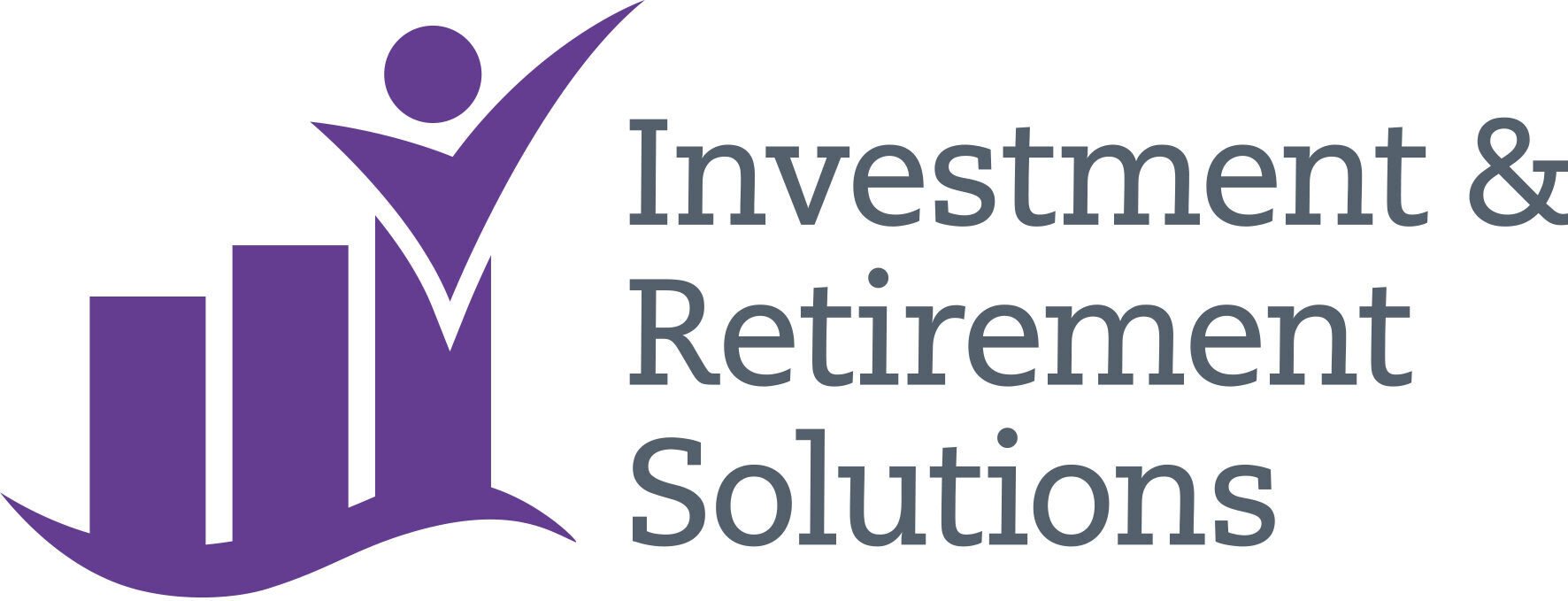On balance we think we did a pretty good job with our guesses about the content of the summer statement. Read our forecast here
In a bid to stave off sweeping job losses and promote economic recovery, the Government’s Summer Economic Statement focused heavily on jobs. Chancellor of the Exchequer Rishi Sunak warned of “profound economic challenges” and “significant job losses” caused by the coronavirus pandemic, but rejected the prospect of mass unemployment as an inevitable outcome.
We have to say that we are less confident about the impact of covid on unemployment; as a new norm is discovered, some of the ‘old norm’ will disappear. Even if everything went back to what we think of as normal, we know that real world always lags the statistical economy. As the statistical economy recovers, we’re afraid we do expect the real world to continue to hurt.
A budget for jobs?
Companies will receive a bonus of £1,000 for each furloughed worker they bring back and keep in their jobs until January 2021, as long as the worker is paid an average of at least £520 per month between November and January.
The Government will fund six-month work placements for 16 to 24-year-olds through its new “Kickstart” scheme. Businesses will receive £1,000 for every trainee they take on for a minimum of 25 hours per week paying at least minimum wage.
Meanwhile, the number of traineeships available for young people aged 16-24 is to be trebled as part of a package worth £111 million.
Elsewhere, companies will receive £2,000 for every new apprenticeship created between 1 August 2020 and 31 January 2021, plus a further bonus of £1,500 for every apprentice hired who is aged 25 or over.
In a move designed to support the UK’s struggling hospitality sector, VAT was cut from 20% to 5% on food, accommodation, and attractions. The cut will take effect from 15 July and will last until 12 January 2021.
Moreover, during August, anyone eating in a participating restaurant on Mondays, Tuesdays, or Wednesdays will receive a 50% discount on their bill, to a maximum of £10 per customer. Restaurants will have to reclaim this money from the Government within five working days.
As we reported HERE, there is a consensus most elegantly summarised by the wordsmiths at Commerzbank who said “we expect the housing market to be a casualty of the economic scarring that will result from this recession.” As the UK economy is so dependent on consumer spending, the Chancellor announced that Stamp duty is temporarily scrapped on properties worth up to £500,000 with immediate effect until 31 March 2021 in England and Northern Ireland by raising the threshold at which stamp duty is due on a house purchase from £125,0000 to £500,000.
The British Chambers of Commerce (BCC) generally welcomed the Chancellor’s statement, but warned: “Businesses face cliff-edges in the autumn as existing support winds down” and urged the Government to consider cutting employers’ National Insurance Contributions (NICs) and extending existing loan schemes.
Meanwhile, the Confederation of British Industry (CBI) called on the Chancellor to balance investment in a long-term, sustainable recovery with the need to respond to the “urgent challenges” faced by companies today.
Don’t hesitate to get in touch if you have any queries, remember we’re here to support our clients through both the coming opportunities and challenges.

